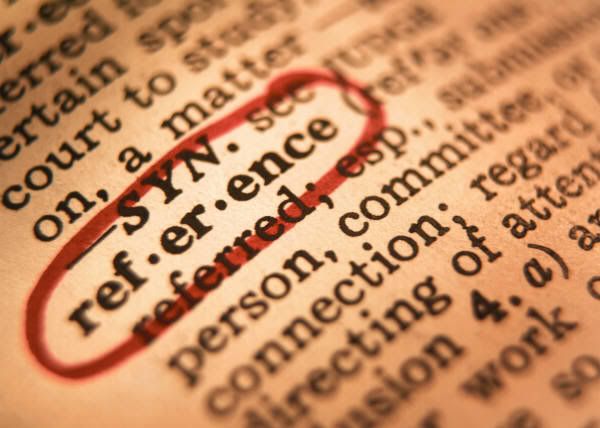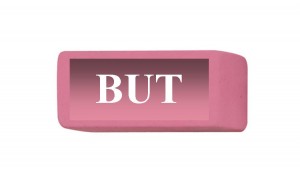Weed Out the Wrong Fit – 7 Reference Questions You Never Thought to Ask (Updated July 2013)
 Pharmacy directors/hiring managers: do your reference questions help weed out the wrong fit, or do you not pay much attention to them especially if you like the candidate? References are a goldmine not only for determining fit, but also for how to bring out the best in a new hire once he/she starts.
Pharmacy directors/hiring managers: do your reference questions help weed out the wrong fit, or do you not pay much attention to them especially if you like the candidate? References are a goldmine not only for determining fit, but also for how to bring out the best in a new hire once he/she starts.
When my company asks reference questions to pharmacy directors about candidates who’ve worked under their supervision, we often get pharmacy directors making comments like “these are good questions—I’m writing some of your questions down to ask during reference checks!”
Since quite a few of you have asked me for this, I’ve decided to let you in on a few of my secrets about asking the right reference questions to weed out the wrong fit:
Bonus questions to ask:
Ask creative questions to gain valuable insight on how to work best with your new prospective hire:
- “What advice do you have for someone who would be managing him/her?”
- “What untapped talents do you think XXX has and is waiting to be expressed?”
*The 7th best reference check question will be selected from your submissions below & posted here. Post below and receive your gift of the top 20 Interview Questions to Ask.
Also, ask proficiency-related questions if it’s important. And don’t just stop at asking them to rate proficiency level. Go a step beyond to get clarification about their proficiency level. Ask them to describe what the pharmacist is capable of doing. For example, don’t just stop with asking your reference for whether someone is just proficient/good/average/poor using a computer system.
I made the mistake recently about this & it blew up in my face. What was answered by the reference was not representative of the person’s actual experience. Imagine how awful I felt misrepresenting a pharmacist’s experience to a hiring manager (especially when hiring managers usually love us for our honesty).
The key is learning from each mistake and always improving your process. It will make you eagle-eyed with assessing the wrong fit and prevent you from headaches down the road.
Now that you’ve learned a few of my favorite reference questions to ask, share 1-2 of the most useful reference check questions you have used in the past in the comments below. Post a comment below (when you type in your email, it will remain private and will not show up on the blog) and you will receive a gift of the “Top 20 Questions to Ask in an Interview, so you hire the best pharmacist.”
The Word “But” – Communicating to Be Heard Corner

Ever hear a compliment, only to be let down when you hear the word “but”? “You’ve been doing a great job with counseling patients lately, BUT let us move more patients through the pharmacy faster.”
Before you hear anything else after “BUT”, you already anticipate to be let down by something negative. It’s what my friend & Communications Expert Kay White calls “The Great Eraser” in her #1 best-selling book “The A to Z of Being Understood: Make Your Voice Heard and Your Conversations Count”.
What if you could change the tone of what you’re about to say by making a simple switch?
Here are two simple tips I learned from Kay to overcome “The Great Eraser:”
 Tip #1: Changing “but” to “and”. A useful way to avoid the “but” trap is to replace it with ”and.” The word “and” works as a bridge, instead of breaking the sentence up and highlighting the negative.
Tip #1: Changing “but” to “and”. A useful way to avoid the “but” trap is to replace it with ”and.” The word “and” works as a bridge, instead of breaking the sentence up and highlighting the negative.
Example: “You’ve been doing a great job with counseling patients lately, and why don’t we move more patients through the pharmacy faster also.”
Tip #2: Flip It – Say the negative part first, and the positive part last. That way the comment is left on a positive note.
Example: We really need to move more patients through the pharmacy faster, but you’ve been doing a great job with counseling patients lately.
 Doing this will make a difference between being heard and having both points received vs. ending a conversation on a negative note. Start watching for The Great Eraser as you counsel patients, talk to co-workers or your pharmacy manager, or even think to yourself—I’ll bet you catch yourself doing it more often than you think.
Doing this will make a difference between being heard and having both points received vs. ending a conversation on a negative note. Start watching for The Great Eraser as you counsel patients, talk to co-workers or your pharmacy manager, or even think to yourself—I’ll bet you catch yourself doing it more often than you think.
It might take a while to get used to pausing before talking to avoid using the word “but,” BUT it is worth it because it will make a huge difference in your communication skills and help you to really be heard in the work place and in your personal life. Comment below on what you think of these tips, or how it’s going for you trying them out.